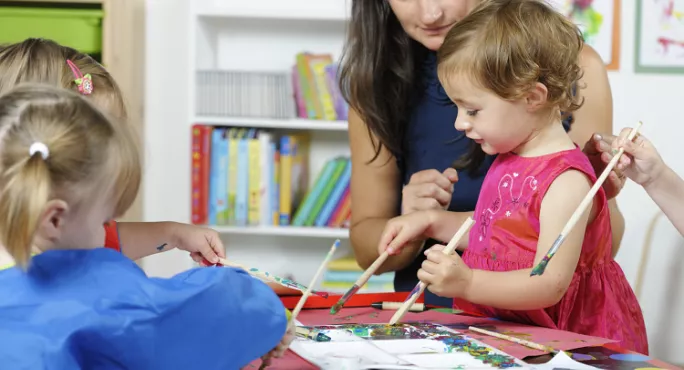Deafened as many of us were by the sound of champagne corks popping in celebration at the apparent demise of baseline assessment, many people will have woken up today with a definite sense of the morning after the night before.
The sense of jubilation expressed by those who are sceptical of baseline might now seem a little premature, and when the sense of satisfaction from an apparent DfE U-turn has subsided, the question remains: where do we go from here?
After all, regardless of DfE policy, Reception teachers will still assess children on entry so that they can support their learning and demonstrate progress, data will still be analysed by school leadership and Ofsted will still ask the question about how teaching has impacted on children in the early years foundation stage (EYFS).
It would be naïve to expect that the issue of accountability within the EYFS has disappeared with a single announcement. It remains a fact that with the additional demise of the EYFS profile as mandatory, there will be no EYFS dataset for the academic year 2016-17. While this, too, may prompt whoops of delight in some quarters it poses another crucial question; if we have no official means of accountability for what happens in the EYFS, is the implication that what happens there doesn’t matter?
Early Excellence, where I work, believes that it does, and if this is the case, then we need a means of demonstrating and articulating this; not only at an individual setting level, but also to celebrate the national impact of effective EYFS practice.
The issue remains that it is not whether or not we should be accountable but for what and how this is achieved.
What the baseline policy has clearly demonstrated is that schools and Reception teachers do not think that it is appropriate to subject young children to tests to do this, nor do they think that that a narrow content of maths and literacy are an accurate or meaningful reflection of the child who they are getting to know.
The overwhelming take-up of our version of the baseline test, EExBA, was entirely due to the fact that it was a practitioner led, non-invasive observational assessment, that used the Leuven Scales of wellbeing and involvement to ascertain whether the child was settled and used the characteristics of effective learning alongside the areas of learning and development to derive the - albeit numerical - outcome (which will now no longer be used for eventual whole school accountability). EExBA was developed, and remains, an effective, principled and realistic means of describing a child on entry to Reception, irrespective of whether or not the data is used by the DfE - and we will continue to provide this approach to schools in 2016.
While nationally, we are in a curious state of limbo, it is clear that the DfE are still committed to assessment in Reception and to accountability for schools. It therefore seems pertinent to suggest that we all remain vigilant, informed and considered about what this might look like in the future.
Jan Dubiel is national development manager at Early Excellence




